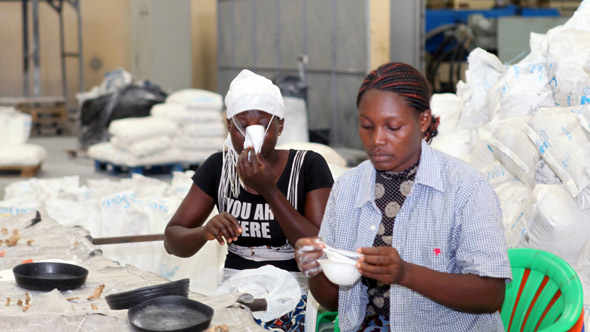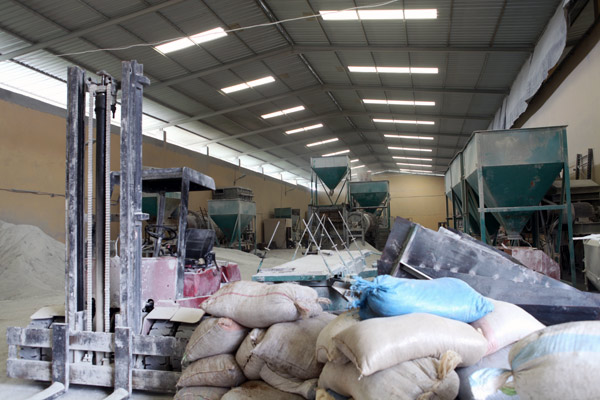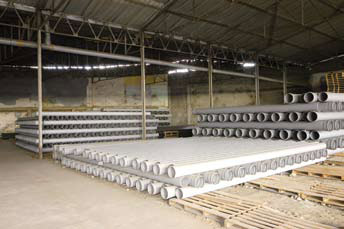Industry in Côte d’Ivoire: Manufacturing, Mining, Oil and Gas Industry
The major segments of Cote d’Ivoire’s industrial sector are energy, oil and gas processing, mining, and food processing. Several major factors will continue to guide industrial growth.

Industry in Côte d’Ivoire: Manufacturing, Mining, Oil and Gas Agriculture Industry
The major segments of Cote d’Ivoire’s industrial sector are energy, oil and gas processing, mining, manufacturing and food processing. Several major factors will continue to guide industrial growth:
The major segments of Cote d’Ivoire’s industrial sector are energy, oil and gas processing, mining, and food processing.
First, offshore discoveries of oil and gas deposits are now being aggressively explored and drilling operations have been successful. Downstream processing of oil is expanding through the refining operation in Abidjan, as well as bituminous production and the use of gas in electrical energy production. Côte d’Ivoire is now a net exporter of electricity. The oil industry is also actively developing and expanding its lubricants and bitumen production for greater export marketing.
Second, a major thrust is evident to convert parts of agricultural from direct export to processing. This is particularly evident in palm oil, rubber, cocoa, and cashew nuts, as well as lumber. According to Dagobert Banzio, minister of Commerce, processing is a major goal of the new government: “One of the main challenge of the agricultural exports is that the exported products are unprocessed. In the future, Côte d’Ivoire should develop its own processing industry. There are also transformed crop products, which are traditional like « attiéké » which is greatly demanded in sub-regions.”
Third, Cote d’Ivoire is rapidly developing its Free Zones in order to locally produce products for its ICT industries, notably telecom.
Finally, Cote d’Ivoire is now ready to return to its former status as the engine of growth in West Africa and its economic and business center. Mohamed Bourgi, Managing Director of General Leader Industries, is bullish on the future growth of industry in Cote d’Ivoire:
“Côte d’Ivoire is situated in the centre of West Africa. It is the industrial and commercial centre of West Africa. Investing in Côte d’Ivoire is a smart move given the economic revival the country has been experiencing recently. I believe that Côte d’Ivoire will rise from the ashes, the commerce, industrial production etc. and the economy and the sub-region will benefit from this development. Côte d’Ivoire will be the centre for businesses in Africa.”
Since Cote d’Ivoire is the largest economy in the region, many industrial firms locate there as their export base to the rest of the region. Doe example, Sotici, the leading plastic pipe manufacturer in Africa, exports to more than 26 countries. Sotici’s CEO, Ramzi Omais explains: “Sotici is an export-driven, international company and we export from to every place Mauretania to Chad. Only 20% of our business has been local since 1999. Before 1999 it was 50% local and 50% exports, but today it’s more than 80% exports.” 
One of the principal advantages for industrial companies is access to sound infrastructure and power. Mahamadou Sylla, Deputy CEO of IPS WA, one of the largest diversified industrial companies in the country says
“One needs to understand that in West Africa, there are 2 economic unions: UEMOA and ECOWAS. ECOWAS if a free trade zone that represents 200 million consumers (it is not restricted to Côte d’Ivoire). Why select the Côte d’Ivoire for investment? Because it is the most advanced country of the region in terms of infrastructure (power, road, communication).”
A dozen years of political instability and unrest has meant little investment in infrastructure, which is presently in a state of disrepair. This, too, is expected to be remedied over the next few years, as both the new government and international funding agencies pour funds into infrastructure development to support and expand the economy.
Challenges
One of the main challenges is security. In any country after a civil war, there is a lot of weapons in circulation—in both good and bad hands. Hence the security issues. This is expected to be a temporary problem, however, as the priority of the government is to restore order and to reconcile the dissident portions of the population.